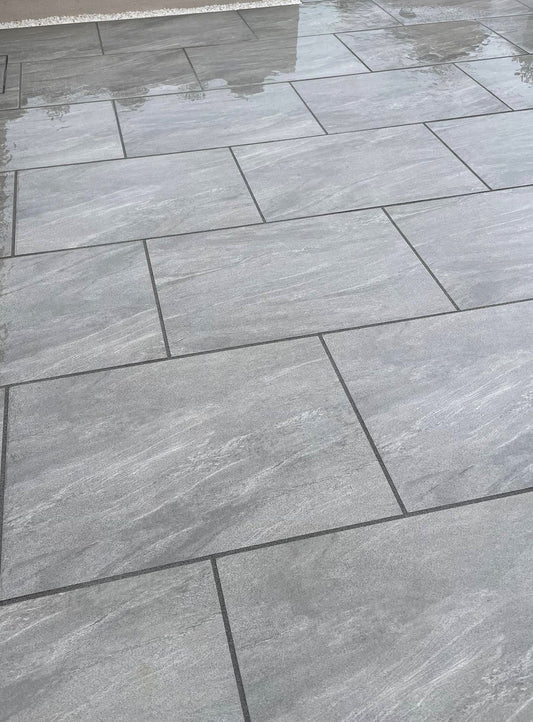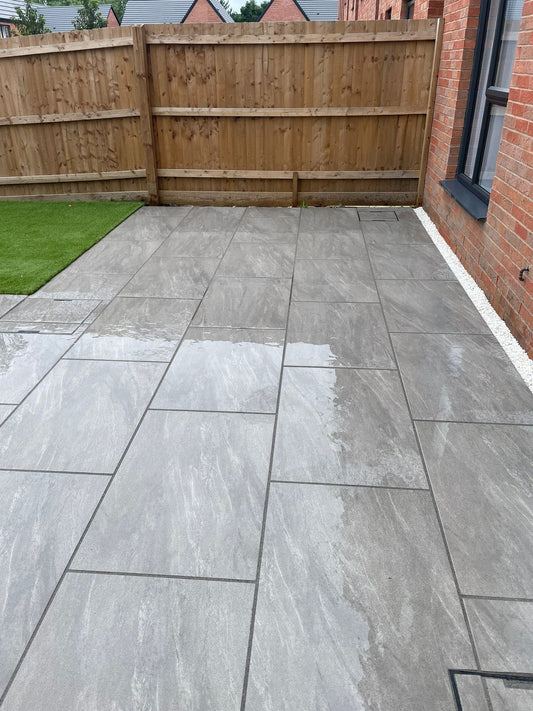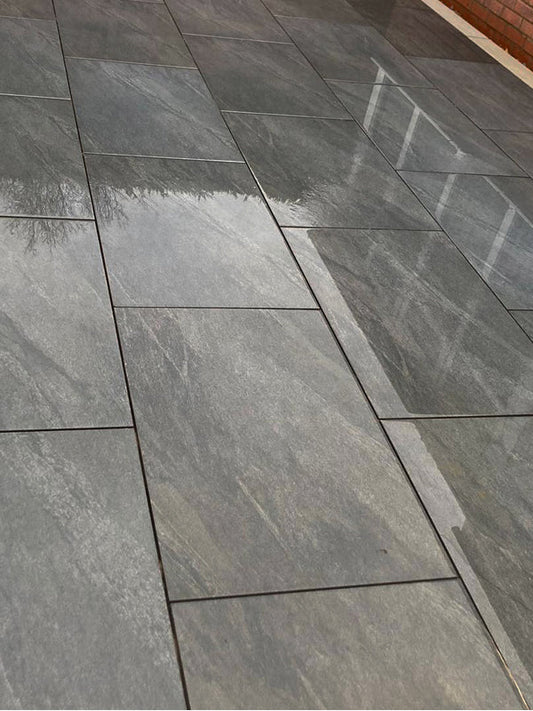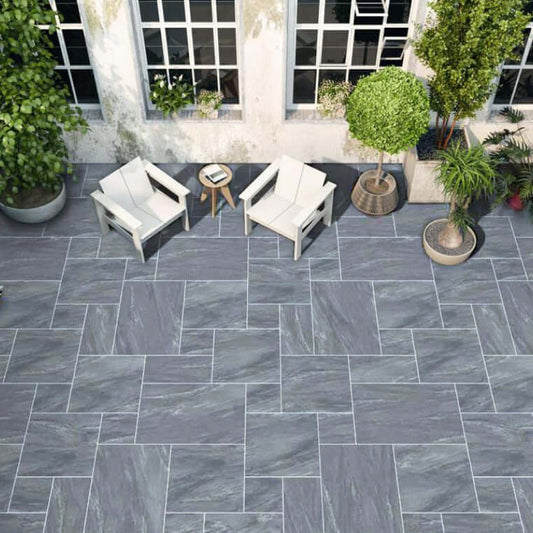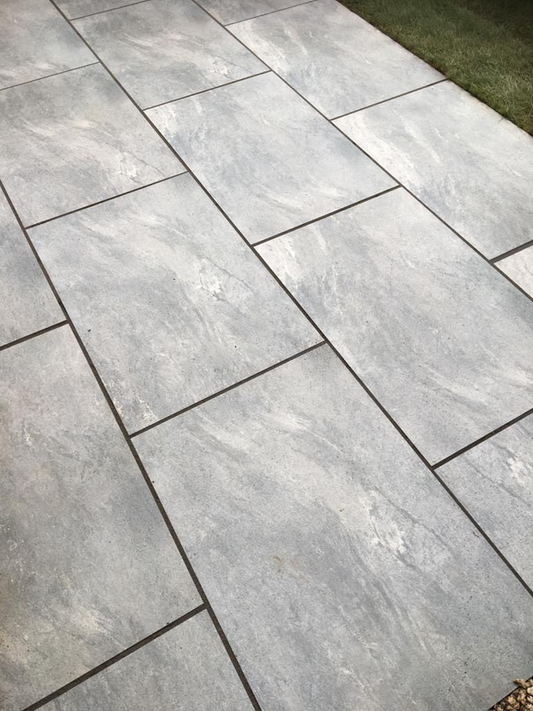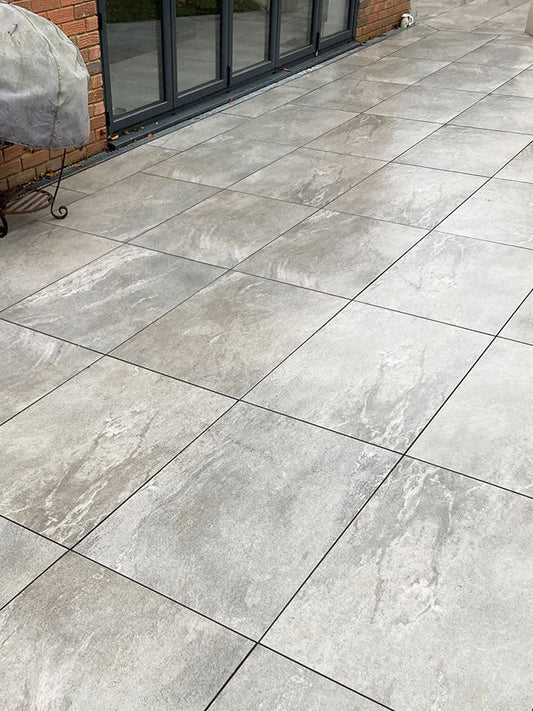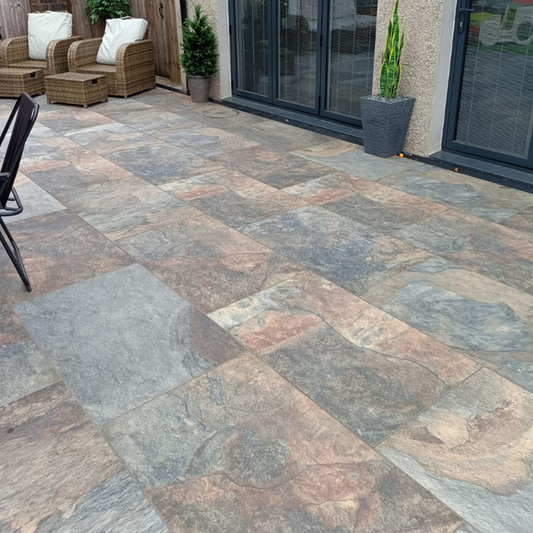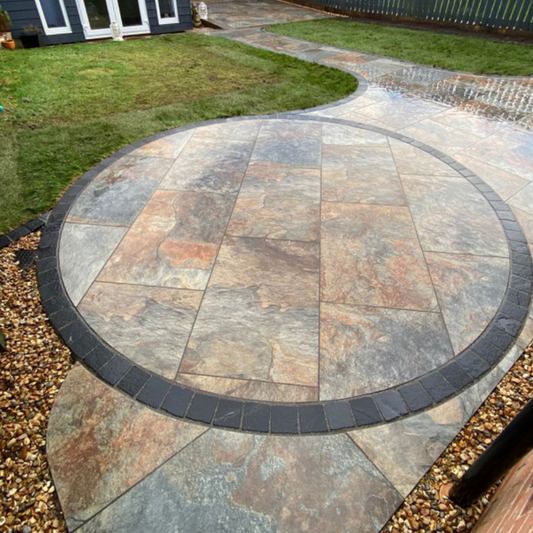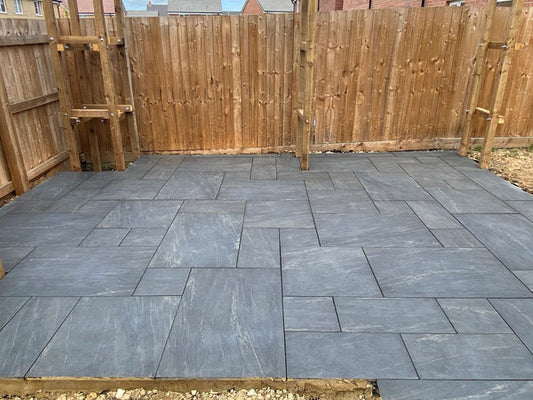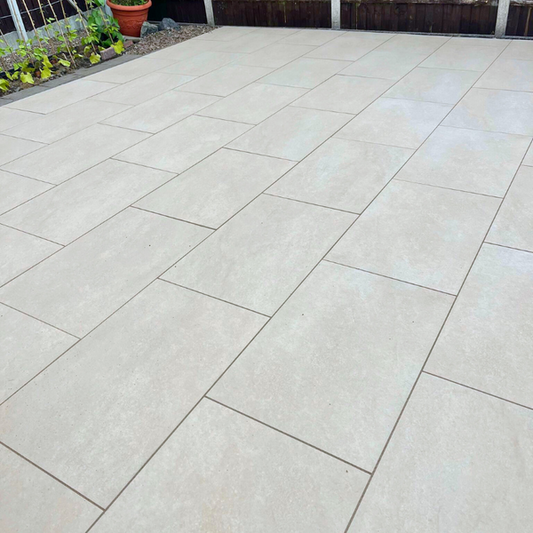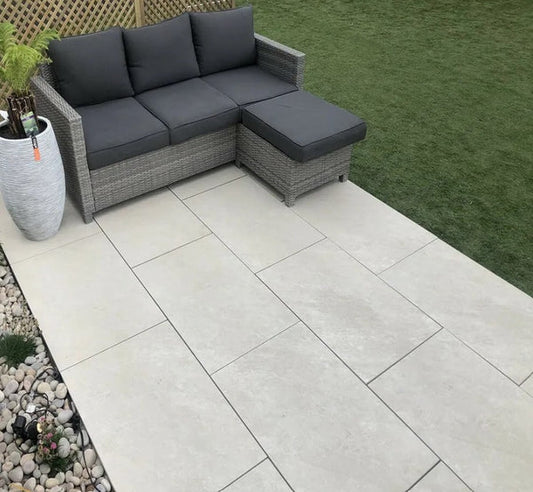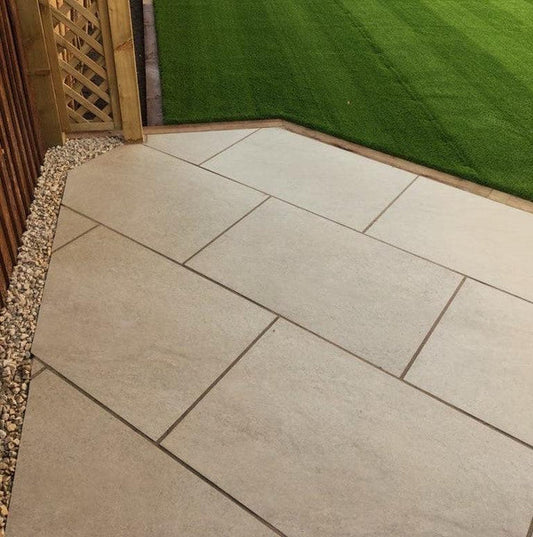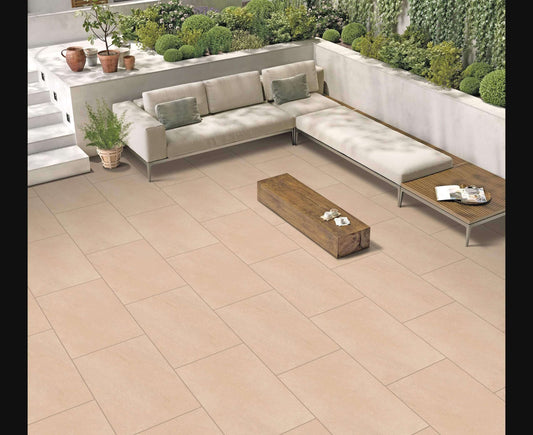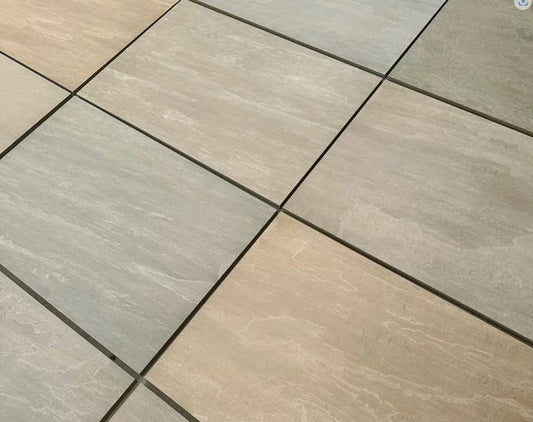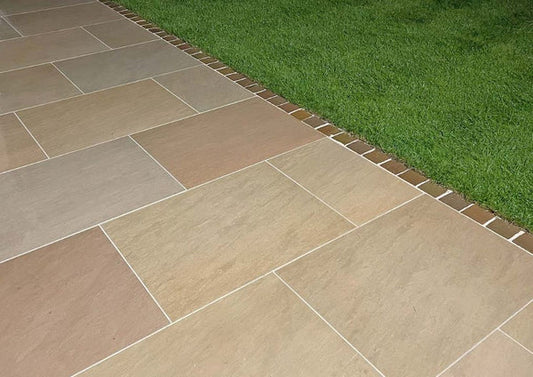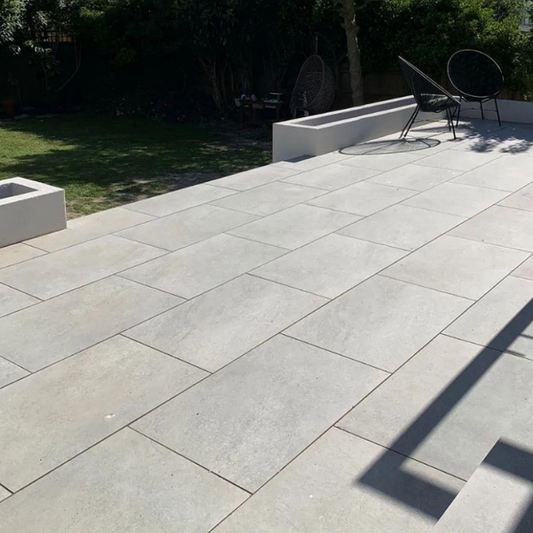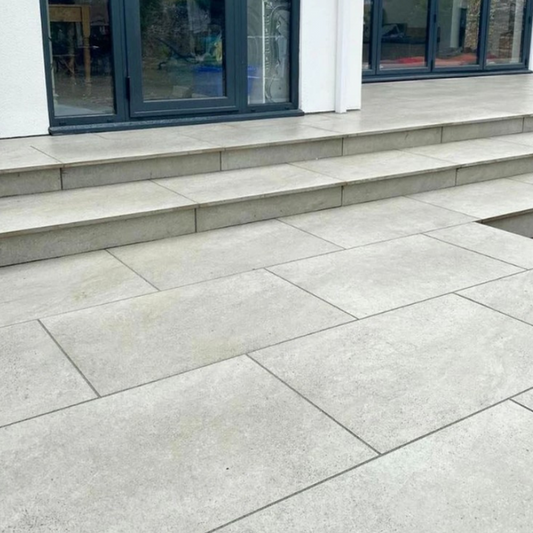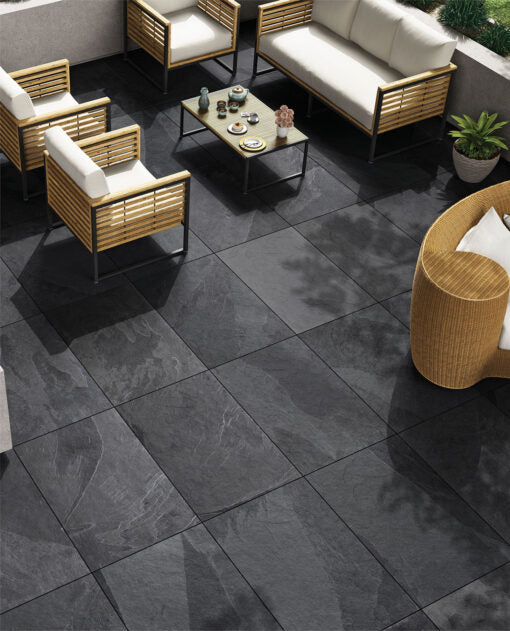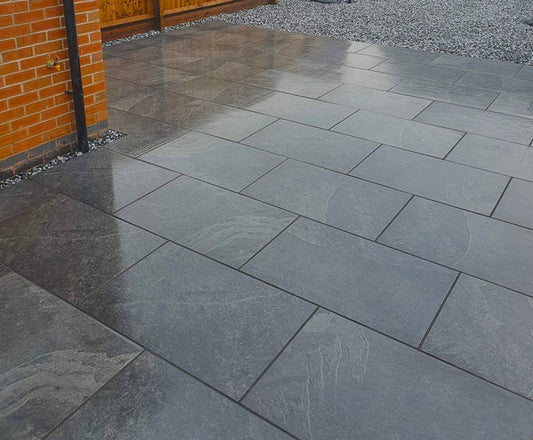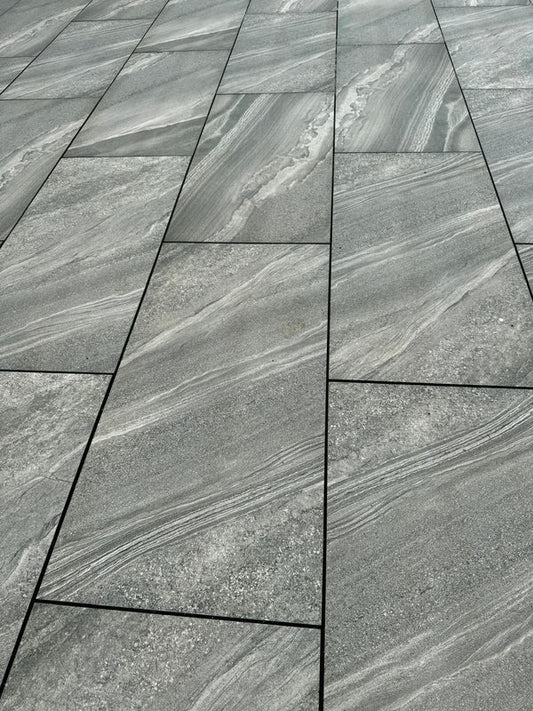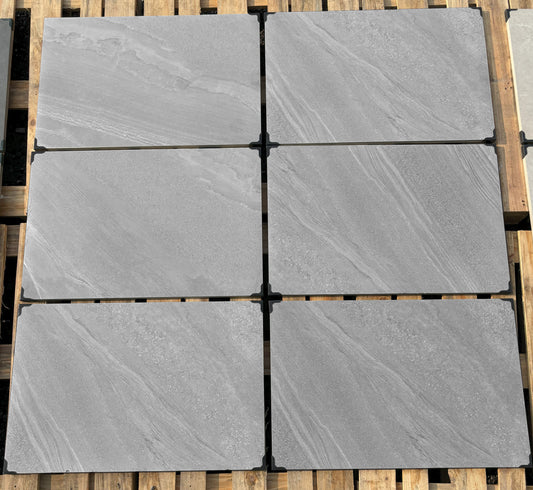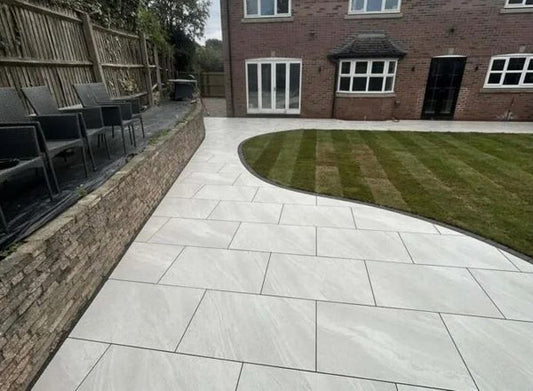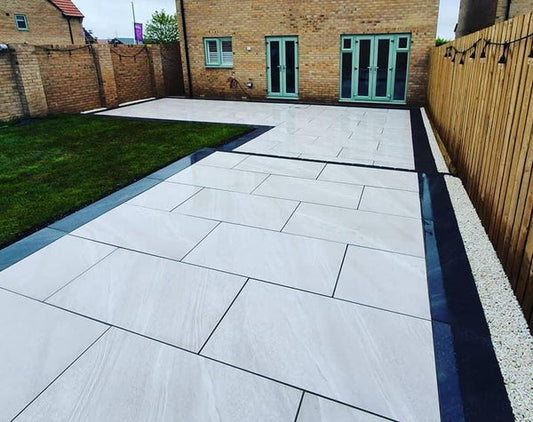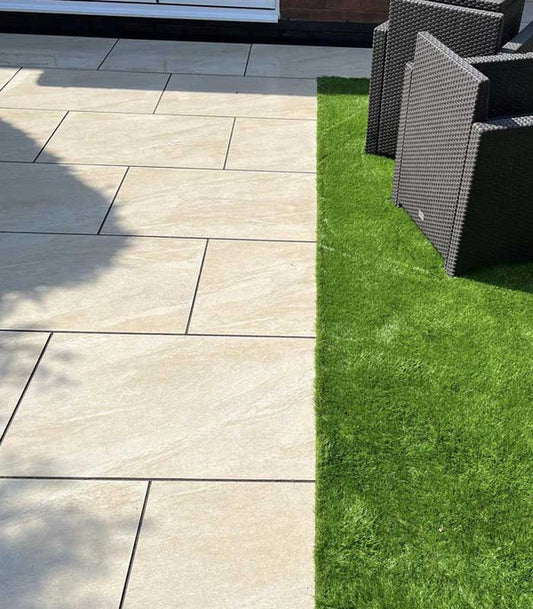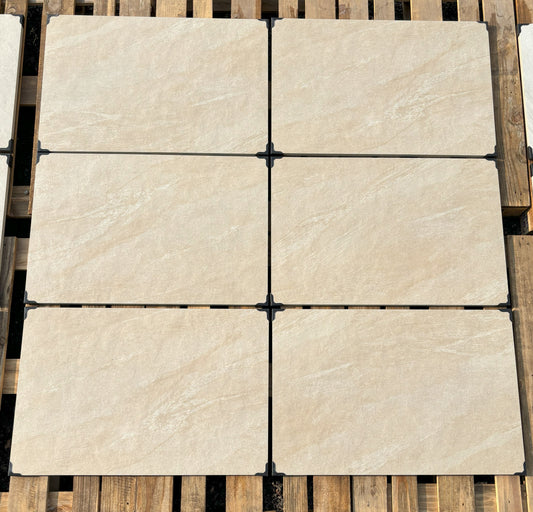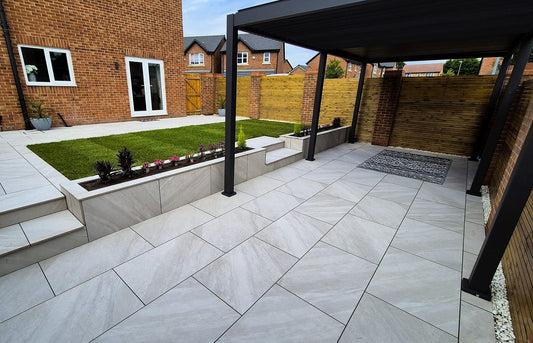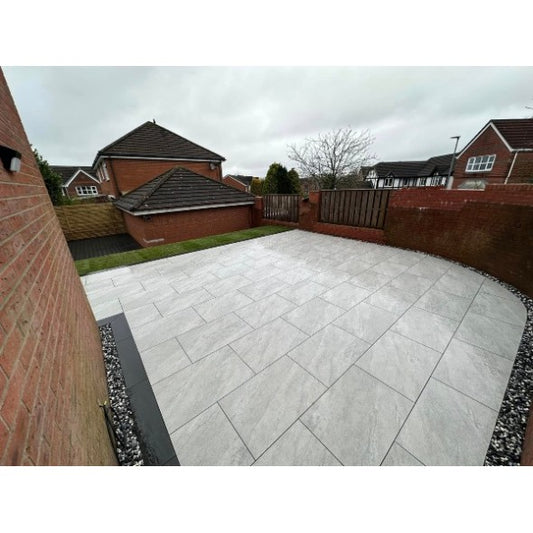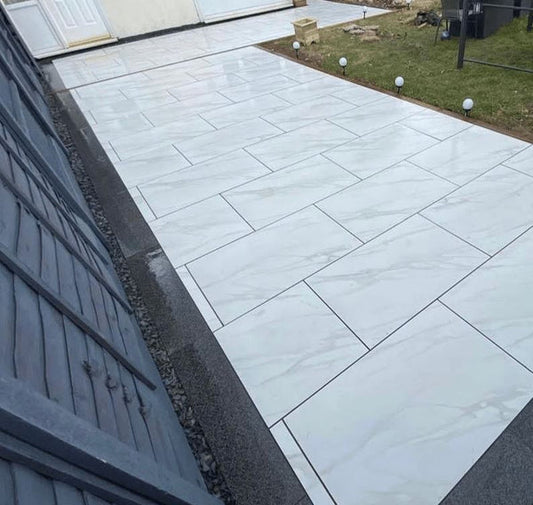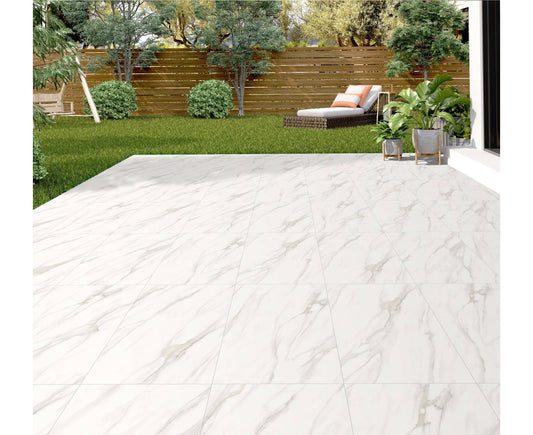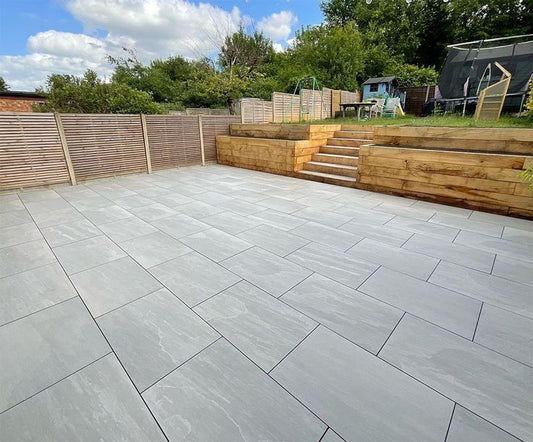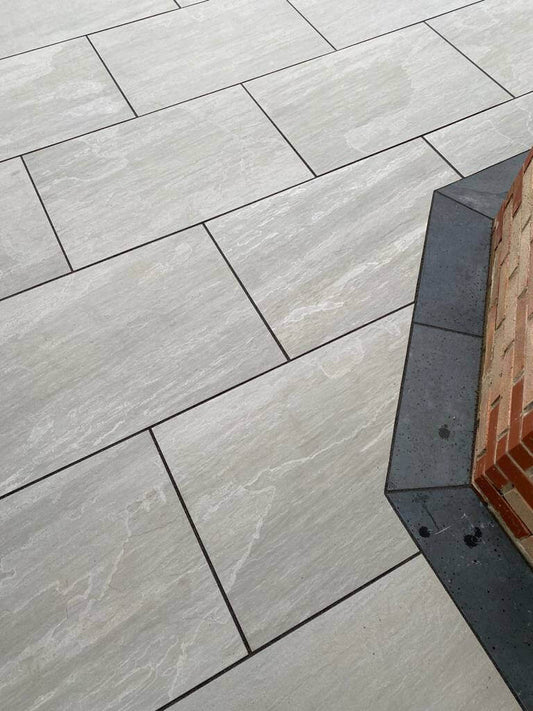-
Vendor:Stone Footing LtdRegular price £449.00 GBPRegular priceUnit price / per
-
Vendor:Stone Footing LtdRegular price From £475.00 GBPRegular priceUnit price / per
-
Vendor:Stone Footing LtdRegular price £449.00 GBPRegular priceUnit price / per
-
Vendor:Stone Footing LtdRegular price From £475.00 GBPRegular priceUnit price / per
-
Vendor:Stone Footing LtdRegular price £499.00 GBPRegular priceUnit price / per
-
Vendor:Stone Footing LtdRegular price £449.00 GBPRegular priceUnit price / per
-
Vendor:Stone Footing LtdRegular price £475.00 GBPRegular priceUnit price / per
-
Vendor:Stone Footing LtdRegular price From £475.00 GBPRegular priceUnit price / per
-
Vendor:Stone Footing LtdRegular price £475.00 GBPRegular priceUnit price / per
-
Vendor:Stone Footing LtdRegular price £475.00 GBPRegular priceUnit price / per
-
Vendor:Stone Footing LtdRegular price £475.00 GBPRegular priceUnit price / per
-
Vendor:Stone Footing LtdRegular price £475.00 GBPRegular priceUnit price / per
-
Vendor:Stone Footing LtdRegular price £475.00 GBPRegular priceUnit price / per
-
Vendor:Stone Footing LtdRegular price £475.00 GBPRegular priceUnit price / per
-
Vendor:Stone Footing LtdRegular price £475.00 GBPRegular priceUnit price / per
-
Vendor:Stone Footing LtdRegular price From £475.00 GBPRegular priceUnit price / per
Paving Slabs
What are paving slabs?
Paving slabs are premium outdoor flooring materials crafted from high-quality porcelain. These porcelain slabs are durable, versatile, and perfect for a variety of outdoor applications such as patios, driveways, and garden pathways. Porcelain paving is ideal for both residential and commercial spaces.
Where can I buy paving slabs near me in the UK?
At Stone Footing Ltd, we offer fast delivery of porcelain paving slabs to locations across the United Kingdom. Simply search for "Porcelain Paving near me" on our website or contact us for more information on porcelain tiles near me.
Why should I choose paving slabs for my outdoor space?
Paving Slabs are one of the best materials for outdoor porcelain tiles due to its high durability, low maintenance, resistance to staining, and non-porous nature. It is perfect for creating stylish yet practical porcelain patio packs and paving solutions in gardens, patios, and other outdoor spaces.
Are paving slabs suitable for the UK's weather conditions?
Yes! Paving slabs are frost-resistant, making them a perfect choice for the unpredictable UK climate. Whether you're located in London or any other part of the United Kingdom, outdoor porcelain tiles will withstand rain, snow, and freezing temperatures.
What makes paving slabs better than other outdoor tiles?
Paving slabs offer better resistance to moisture, stains, and dirt compared to other outdoor tile materials. With their stylish finishes, including smooth and textured surfaces, they provide an elegant yet functional solution for any outdoor porcelain tiles project in the United Kingdom.
Can I use paving slabs for commercial outdoor spaces?
Yes, paving slabs are an excellent choice for commercial outdoor spaces such as walkways, shopping plazas, and office buildings. Their modern appearance and robust durability make them a popular selection for outdoor porcelain tiles in both residential and commercial projects across the UK.
What are patio slabs, and how are they different from individual porcelain slabs?
Patio slabs are carefully curated collections of porcelain paving slabs that come in various sizes and finishes to help you design a unique patio layout. These packs are ideal for homeowners and commercial spaces in London and the UK, looking for a seamless and coordinated outdoor design.
Collection: Paving Slabs | Stone Footing Ltd
Porcelain paving slabs offer a refined and practical solution for creating modern outdoor spaces across the UK. At Stone Footing Ltd, our porcelain paving range is carefully selected to deliver long-lasting performance, clean aesthetics, and dependable strength for patios, gardens, and landscaped areas.
Designed to meet the demands of British weather, porcelain paving slabs provide a uniform finish with excellent resistance to moisture, staining, and surface wear. Whether used in a private garden or a commercial outdoor setting, porcelain paving delivers a smart and low-maintenance outdoor flooring option.
Why Choose Porcelain Paving Slabs
Porcelain paving has become increasingly popular due to its durability, ease of care, and modern appearance. Its dense structure and minimal water absorption help maintain a clean surface throughout the year.
- Minimal maintenance required for outdoor use
- Slip-resistant surface suitable for patios and walkways
- Precision-cut slabs for neat and consistent layouts
- Excellent resistance to frost, algae growth, and stains
Porcelain Paving for Patios and Garden Spaces
Porcelain paving slabs are ideal for garden patios, outdoor seating areas, dining spaces, and pathways. Large format slabs help create a spacious and contemporary look, while textured finishes improve safety underfoot.
Although commonly used in modern garden designs, porcelain paving can also be paired with natural stone edging or contrasting materials to suit more traditional UK properties.
Discover Our Porcelain Paving Collection
Stone Footing Ltd offers a wide range of porcelain paving options in various colours, finishes, and slab sizes. Each product is chosen for strength, visual consistency, and suitability for outdoor environments.
Correct Installation of Porcelain Paving
To achieve long-term stability and performance, porcelain paving must be installed using the correct methods. A full mortar bed, suitable bonding primer, and accurate joint spacing are essential for a secure and level finish.
- Porcelain paving installation guide
- UK paving standards and guidance
- Ongoing care and maintenance advice
Maintaining Porcelain Paving Slabs
Porcelain paving slabs are designed for easy upkeep. Regular sweeping and occasional washing with clean water are typically enough to keep the surface looking fresh and well-maintained.
How to Select the Right Porcelain Paving
When choosing porcelain paving slabs, consider slab dimensions, surface texture, and colour tone. Lighter shades can help open up smaller patios, while deeper tones create definition and contrast in larger outdoor areas.
Porcelain paving is an excellent option for homeowners seeking a durable and visually consistent alternative to natural stone paving.
Nationwide Delivery of Porcelain Paving
Stone Footing Ltd supplies porcelain paving slabs across the UK with reliable delivery to major locations, including:
London, Birmingham, Manchester, Leeds, Bristol
Why Buy Porcelain Paving from Stone Footing Ltd
Stone Footing Ltd supplies high-quality porcelain paving slabs trusted by homeowners, landscapers, and trade professionals throughout the UK. Our focus on dependable materials, clear guidance, and nationwide delivery ensures a smooth and confident buying experience.
Frequently Asked Questions About Porcelain Paving
Is porcelain paving suitable for outdoor use in the UK?
Yes, porcelain paving slabs are well-suited to UK weather conditions. They are frost-resistant, have low water absorption, and perform reliably in rain and temperature changes.
Does porcelain paving require sealing?
No, porcelain paving slabs do not need sealing. Their non-porous surface naturally resists moisture, staining, and algae growth.
Is porcelain paving safe when wet?
Outdoor porcelain paving slabs are manufactured with anti-slip surface ratings. When installed correctly, they provide good grip for patios, pathways, and seating areas.
What thickness of porcelain paving is suitable for patios?
Most outdoor porcelain paving slabs are supplied at 20mm thickness, which is suitable for patio installations on a full mortar bed and provides long-term strength.

